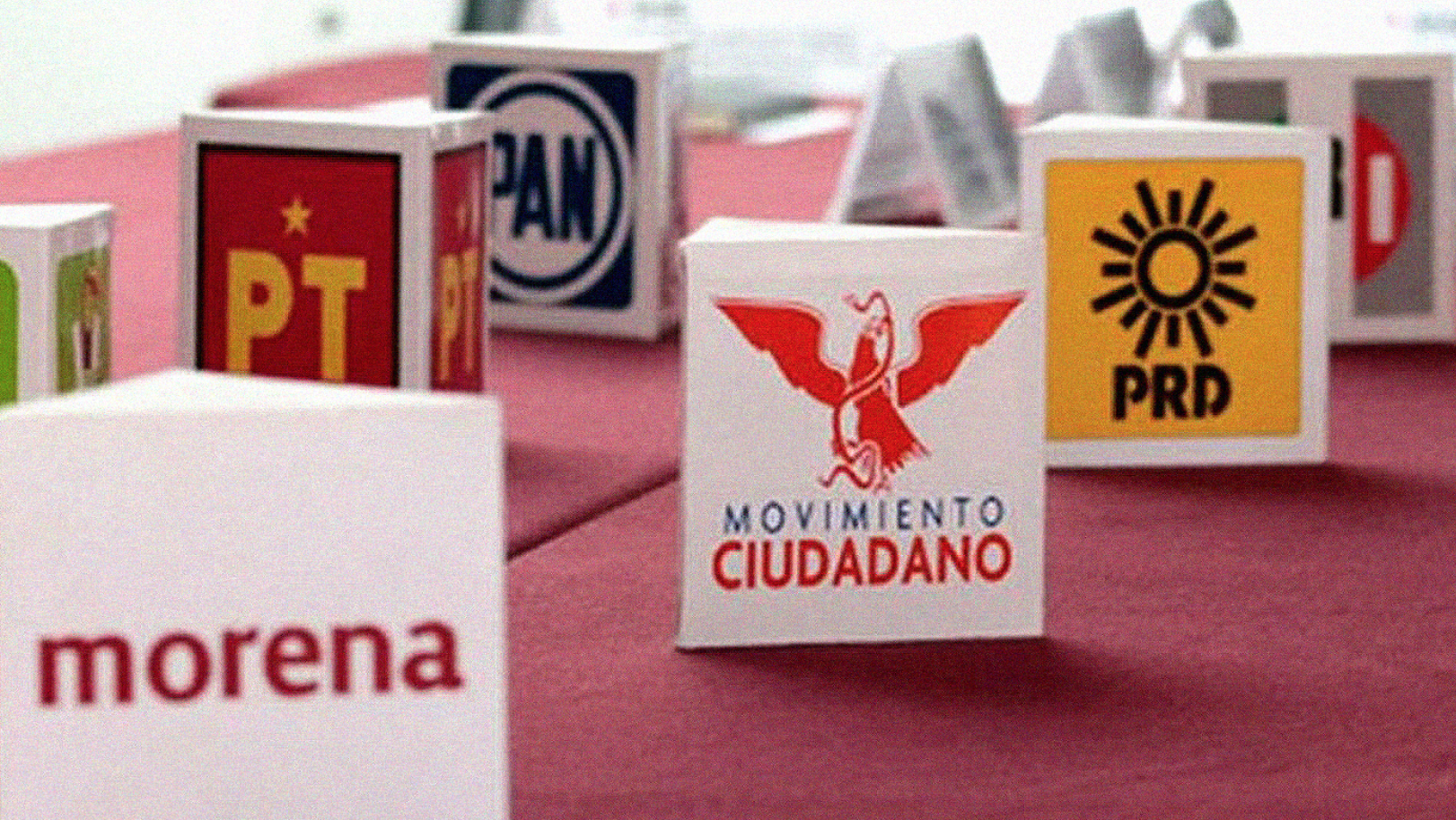Regarding Mexico’s next presidential elections in 2024, the different political factions are slowly beginning to move their chips. In this context, what would stop the PRI faction led by Alejandro “Alito” Moreno to share the electoral formula with the ruling Morena Party? Or that the PAN-PRD coalition would recompose the “Va por México” coalition with the Movimiento Ciudadano Party and the PRI faction led by Senator Miguel Ángel Osorio Chong?
Nothing, from an elementary game theory. Morena needs to strengthen its coalition at the federal level, as it has been in decline since 2018 — even though it is winning governorships and municipalities — and the PRI, which is in free fall, needs a powerful ally that will allow it to recover. It would be the culmination of the Primor — that is how an informal union of the PRI and Morena is called — which has behind it the constant flow of PRI members to the ruling party where they currently hold top-level positions.
Furthermore, seen in terms of electoral performance, this alliance could represent a greater margin of victory for Morena in 2024, even greater than that obtained with its allies in the 2018 elections.
The “Juntos haremos historia” (Together we will make history) coalition of Morena, PT, and PES obtained in the 2018 presidential election more than 30 million votes. But in 2021 it suffered a reduction of close to 8 million. The PRI, for its part, lost between 2018 and 2021 a little less than one million votes.
In this framework, Morena needs the PRI’s votes, because in the hypothetical case of a Morena-PRI-PVEM-PT-PES coalition, if we were to add the 2021 vote, we would be talking about some 31 million votes, an increase of one million compared to those obtained in 2018. And if the electoral policy is to add up, there are no political or ideological obstacles for Morena and Alito Moreno’s PRI to go in a grand coalition to the 2024 elections. On the contrary, there are incentives to do so.
Could this not be the agreement that President Andres Lopez Obrador is bringing to the PRI leader through the Secretary of the Interior after the PRI deputies endorsed the constitutional extension for the presence of the Army in public security tasks?
In 2018, the coalition headed by the PAN and the PRI obtained 8 million votes less than López Obrador’s winning coalition. And in the mid-term elections of 2021 they lost another almost two and a half million. The fall of the parties of this coalition — and also of the opposing one — could be explained by the fact that in mid-term elections there is regularly a reduction in participation.
Enrique Alfaro — governor of Jalisco and top leader of the center-left party, MC —, upon learning of the “betrayal” of Alejandro “Alito” Moreno and the virtual exit of the PRI from the “Va por México” coalition, immediately stated that there were conditions to open conversations with the leaders of the PAN and the PRD in order to study a coalition for the next elections. Undoubtedly, the incentives are high to show a renewed face and to distance itself from Alito’s PRI.
In 2018, the coalition “Mexico al Frente“, which brought together the PAN, PRD and MC, and led the PAN’s Ricardo Anaya as a candidate, reached some twelve and a half million votes, far behind the victorious coalition “Juntos haremos historia“.
In 2021, the paths forked and MC decided to compete alone, while PAN and PRD formed a new coalition together with PRI, called “Va por México“. The PAN achieved almost 9 million votes, and the PRD, almost 2 million, while the MC managed to become the fourth political force with 3.5 million. Together, these three parties would have reached 14 million votes, only 5 million less than “Juntos haremos historia“.
In this context, the exit of Alejandro “Alito” Moreno’s PRI faction from the “Va por México” coalition should not only be seen as a betrayal but also take into account its specific weight. Politics in times of pragmatism is always based on vote calculations. Therefore, in a highly competitive context, as the next elections of 2024 are on the horizon, the move of threatening the PRI leader with the removal of his privileges so that he can be tried and sent to prison could be part of the strategy.
Beyond speculations, if everything goes as Morena calculates, its coalition would obtain again the Presidency of the Republic, and the PRI would achieve more representation than it currently has. That will depend on the negotiations.
In conclusion, an eventual reconfigured coalition will probably be more attractive than competing separately. And a good presidential candidate with a program that would defend democratic institutions, criticize the economic policy and fight against insecurity would surely be bought by many citizens dissatisfied with Obrador’s administration and would endorse the divided vote expressed in the past elections.
Translated from Spanish by Janaína Ruviaro da Silva











